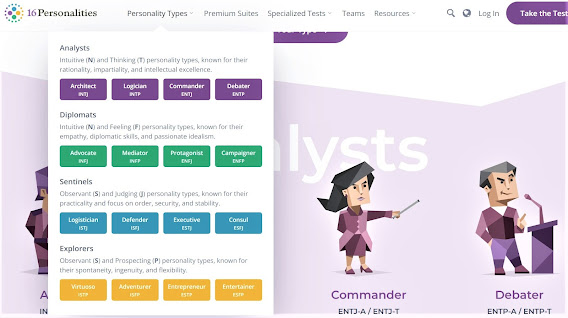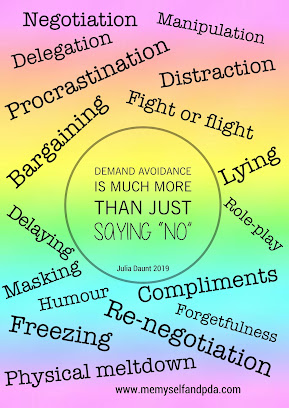Sometimes we get stuck in situations because we don't recognise we are caught in the drama triangle, which was first described by Stephen B. Karpman. Simply put, the drama triangle is a visual representation of three stances we may adopt in the face of conflict: the perpetrator, persecutor or villain : who may be actively or passively angry, hostile, demanding or scornful and who uses blame as their main tool to influence others, the victim : who adopts a needy, whinging or helpless stance, and the rescuer, fixer or hero : who enjoys being helpful and needed but only seeks temporary relief of suffering so that they will be needed again. These three psychological roles are complementary, so when one person adopts one role, the people who relate to that person might take up the other roles and the drama begins. It is very compelling. The arrows in the diagram above (created for Resilient Loving e-book ) represent the fact that these roles are not static, after a wh...




.jpg)
